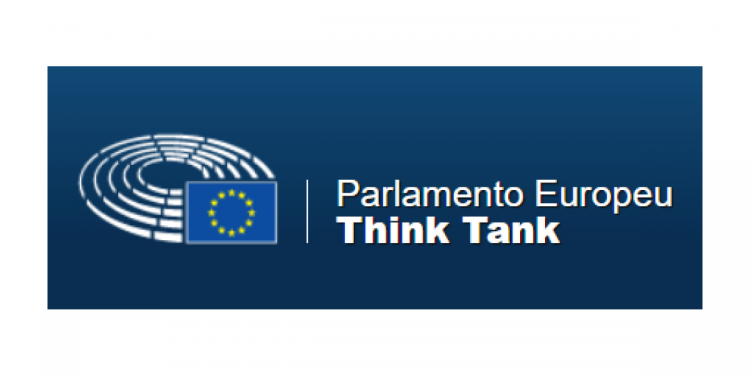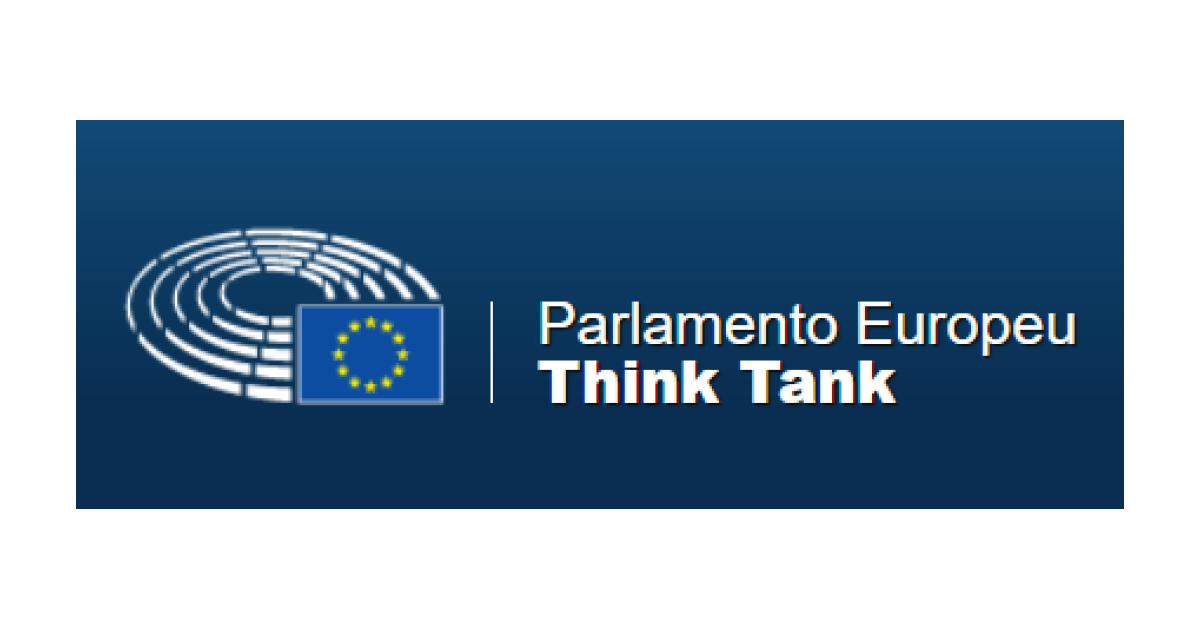The problem definition in the impact assessment (IA) appears to be well-supported by evidence. The description of the policy options is balanced, albeit sometimes lacking in detail. The assessment of the options’ impacts (economic, social and environmental) is mainly qualitative, with only limited quantified estimates of costs and benefits. Data limitations and uncertainties could have been described in more detail. The IA consistently presents the stakeholders’ views on the problems, their drivers, the objectives and the policy options. It is transparent about diverging views of the different stakeholder groups, for instance on the overall support for the initiative of an EU framework on forest monitoring and strategic plans, and the need for harmonised forest data and information. An SME test was carried out to measure potential impacts on small and medium-sized enterprises. The IA concludes that the present initiative is not relevant for SMEs in terms of its potential negative impacts, and considers that the preferred option creates economic opportunities for SMEs, e.g. possibilities for SMEs active in acquiring and processing satellite imagery, data processing, and providing services relating to forests and forestry.
→ Aceda aqui ao documento ←
Artigo publicado originalmente em Think Tank.



















































